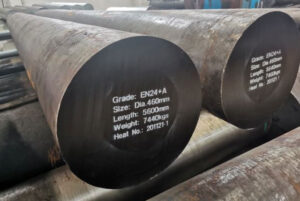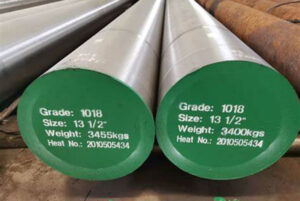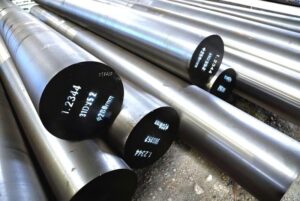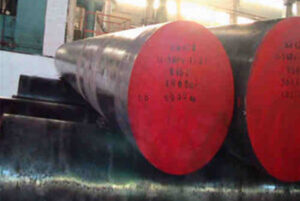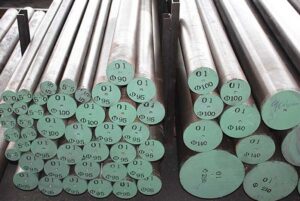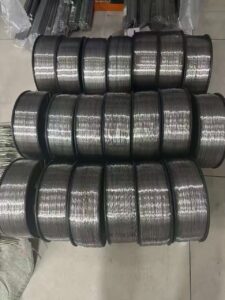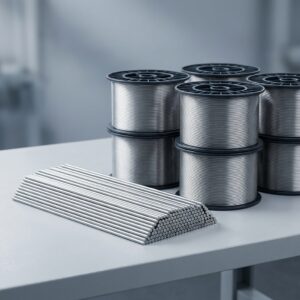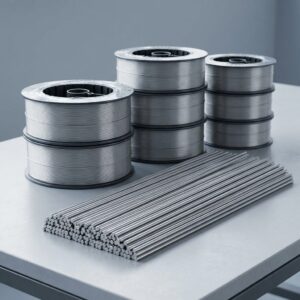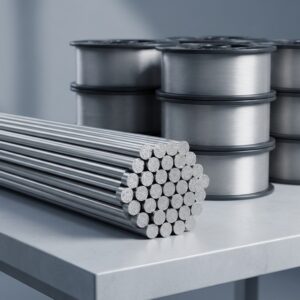Welcome to the world of 9SiCr steel, a versatile and high-performance alloy used extensively in various industries. If you’re delving into the intricacies of this material, you’ve come to the right place. We’ll explore everything from its composition to its applications, and even delve into the specifics of different metal powder models. Get ready for a detailed, engaging journey through the fascinating realm of 9SiCr steel.
Overview of 9SiCr Steel
9SiCr steel is an alloy renowned for its high strength, durability, and excellent wear resistance. The name 9SiCr indicates its composition: 9% Silicon (Si) and Chromium (Cr) as the main alloying elements. This unique combination provides a balance of hardness and toughness, making it ideal for a wide range of applications from tool making to high-stress mechanical components.
Key Details:
- Main Elements: Silicon (Si), Chromium (Cr)
- Properties: High strength, excellent wear resistance, good toughness
- Applications: Tools, dies, mechanical components
- Grades: Various grades available depending on specific needs
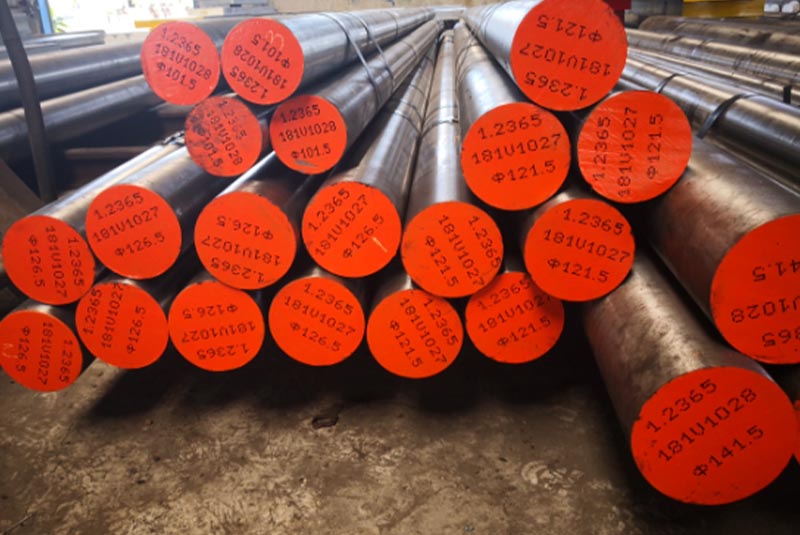
Composition and Characteristics
Understanding the composition of 9SiCr steel is crucial to appreciating its properties and uses. Below, we’ll break down the key elements and their impact on the material’s characteristics.
Composition Breakdown
| Element | Content (%) |
|---|---|
| Silicon (Si) | 9 |
| Chromium (Cr) | 1-2 |
| Carbon (C) | 0.8-1.0 |
| Manganese (Mn) | 0.5-0.8 |
| Others | Trace elements |
Properties and Characteristics
- High Strength: The combination of silicon and chromium provides significant tensile strength, making it suitable for high-stress applications.
- Wear Resistance: Excellent wear resistance due to the high silicon content.
- Toughness: Maintains toughness even under heavy loads, thanks to the balanced composition.
- Hardness: Can be heat-treated to achieve varying degrees of hardness as required by different applications.
Applications of 9SiCr Steel
9SiCr steel’s unique properties make it suitable for a broad range of applications. Here are some of the primary uses:
| Application | Description |
|---|---|
| Tool Making | Ideal for producing high-durability tools and dies due to its hardness and wear resistance. |
| Mechanical Components | Used in manufacturing gears, shafts, and other components that require high strength and toughness. |
| Automotive Industry | Employed in parts that experience high stress and wear, such as engine components and suspension parts. |
| Construction | Utilized in constructing durable, wear-resistant parts for machinery and equipment. |
| Aerospace | Used in components that must withstand high stress and wear in extreme environments. |
Specifications, Sizes, Grades, and Standards
When selecting 9SiCr steel, understanding the available specifications, sizes, grades, and standards is essential. Here’s a comprehensive table to guide you:
| Specification | Details |
|---|---|
| Sizes | Vary from thin sheets to thick bars, customizable based on requirements. |
| Grades | Multiple grades such as 9SiCr1, 9SiCr2, depending on specific silicon and chromium content. |
| Standards | Conforms to various international standards like ISO, ASTM, and DIN. |
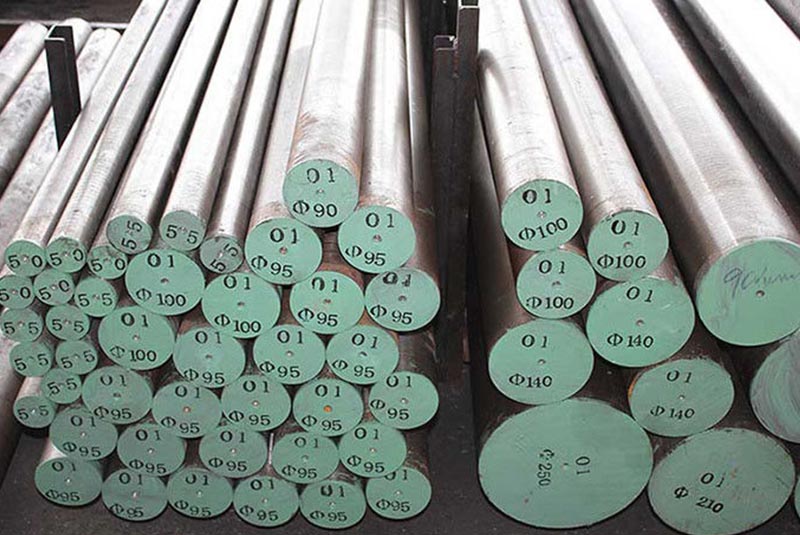
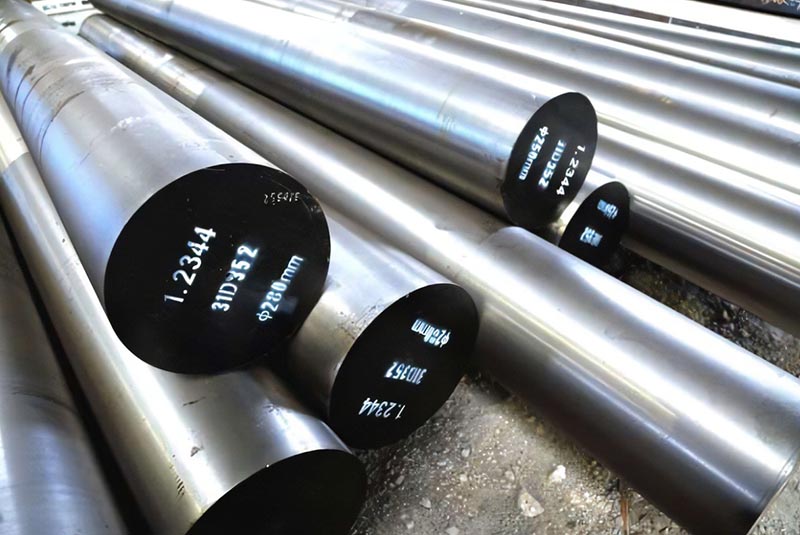
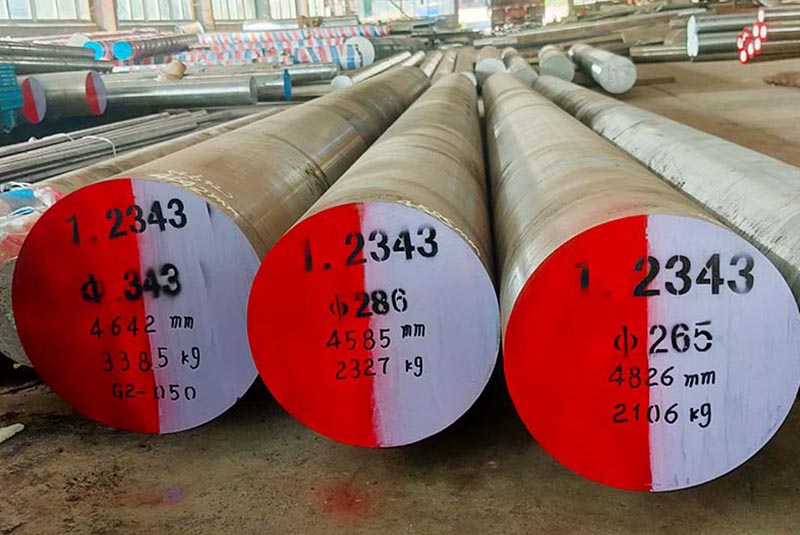
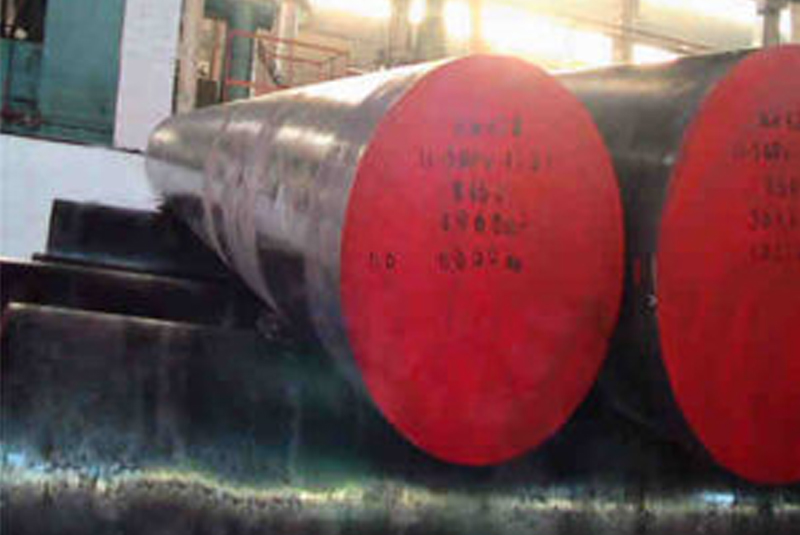
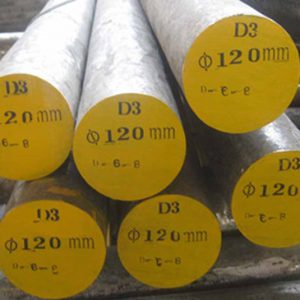
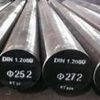
Comparing Metal Powder Models
In the realm of 9SiCr steel, several specific metal powder models are noteworthy for their distinct properties and uses. Here, we compare ten different models to highlight their unique attributes:
Metal Powder Models of 9SiCr Steel
| Model | Description | Key Features |
|---|---|---|
| 9SiCr-P1 | General-purpose powder with balanced properties for a variety of applications. | High wear resistance, good toughness. |
| 9SiCr-P2 | Enhanced hardness and strength for heavy-duty tools. | Superior hardness, excellent durability. |
| 9SiCr-P3 | Optimized for high-temperature applications. | High thermal stability, retains strength at elevated temperatures. |
| 9SiCr-P4 | Powder for precision components requiring high wear resistance. | Excellent wear resistance, good machinability. |
| 9SiCr-P5 | Specialized for automotive parts subjected to high stress. | High fatigue strength, good impact resistance. |
| 9SiCr-P6 | Ideal for aerospace components needing high strength-to-weight ratio. | Lightweight, high strength, corrosion resistant. |
| 9SiCr-P7 | Powder designed for additive manufacturing and 3D printing. | Excellent flowability, uniform particle size distribution. |
| 9SiCr-P8 | Optimized for marine applications with high corrosion resistance. | Corrosion resistant, maintains strength in saline environments. |
| 9SiCr-P9 | High-speed machining applications. | High machinability, good surface finish. |
| 9SiCr-P10 | Customizable powder for specific industrial needs. | Versatile, customizable properties based on requirements. |
Advantages of 9SiCr Steel
Why choose 9SiCr steel? Let’s delve into the advantages this material offers across various applications:
- Versatility: Suitable for a wide range of applications from tooling to high-stress mechanical components.
- Durability: High wear resistance ensures long-lasting performance.
- Strength: Superior tensile strength supports heavy loads without deforming.
- Heat Treatable: Can be heat-treated to achieve the desired hardness and toughness.
Disadvantages of 9SiCr Steel
While 9SiCr steel boasts many advantages, it’s important to consider its limitations:
- Cost: Can be more expensive compared to other alloy steels due to its specialized properties.
- Machinability: Higher hardness can make machining more challenging without proper equipment.
- Availability: May not be as readily available as more common steels, leading to longer lead times.
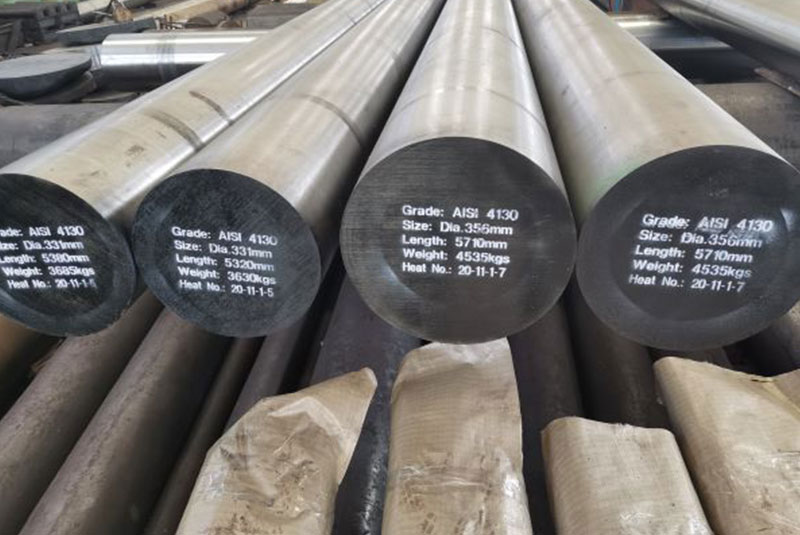
Suppliers and Pricing Details
Finding the right supplier for 9SiCr steel is crucial. Here’s a table with some leading suppliers and their pricing details:
| Supplier | Location | Pricing (per kg) | Contact Information |
|---|---|---|---|
| SteelMaster Co. | USA | $15 | [email protected] |
| Global Alloys | Germany | €13 | [email protected] |
| Alloy Experts | China | ¥100 | [email protected] |
| Metal Traders | India | ₹1200 | [email protected] |
| Precision Metals | UK | £12 | [email protected] |
Comparing Pros and Cons
When evaluating 9SiCr steel against other materials, it’s helpful to understand its pros and cons in detail:
Pros and Cons of 9SiCr Steel
| Aspect | 9SiCr Steel | Other Alloy Steels |
|---|---|---|
| Strength | High tensile strength | Varies; often lower |
| Wear Resistance | Excellent wear resistance | Generally good, but varies |
| Cost | Higher | Lower to moderate |
| Machinability | More challenging | Generally easier |
| Availability | Limited | More widely available |
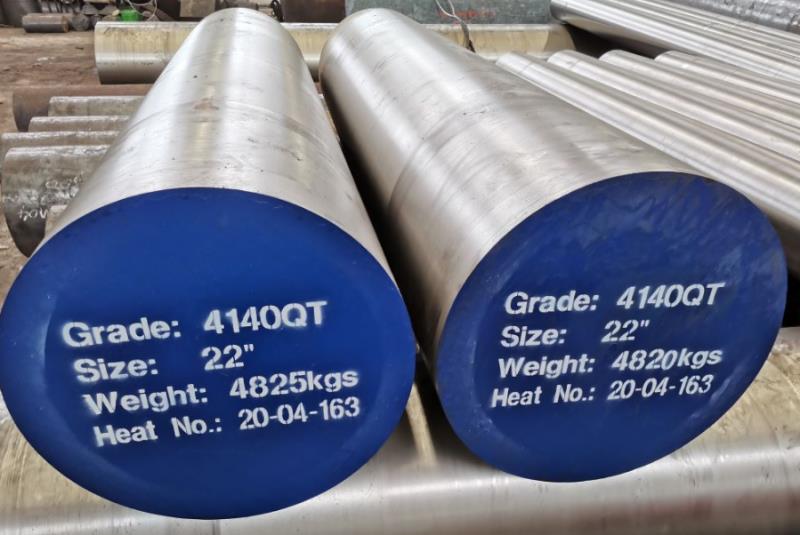
FAQs
To wrap things up, let’s address some common questions about 9SiCr steel in a handy FAQ format.
| Question | Answer |
|---|---|
| What is 9SiCr steel primarily used for? | It is mainly used in tool making, mechanical components, automotive parts, and construction equipment due to its high strength and wear resistance. |
| How does 9SiCr steel compare to other steels? | 9SiCr steel offers superior wear resistance and toughness compared to many other alloy steels, though it may be more expensive and harder to machine. |
| Can 9SiCr steel be heat-treated? | Yes, 9SiCr steel can be heat-treated to achieve various levels of hardness and toughness, making it versatile for different applications. |
| What are the key benefits of using 9SiCr steel? | The key benefits include its high strength, excellent wear resistance, durability, and ability to maintain toughness under stress. |
| Are there any limitations to using 9SiCr steel? | The main limitations are its higher cost compared to other steels, more challenging machinability, and potentially longer lead times due to limited availability. |
Conclusion
In conclusion, 9SiCr steel stands out as a high-performance material with a unique blend of strength, wear resistance, and toughness. Whether you’re in the tool-making industry, automotive sector, or dealing with high-stress mechanical components, 9SiCr steel offers unparalleled benefits.

